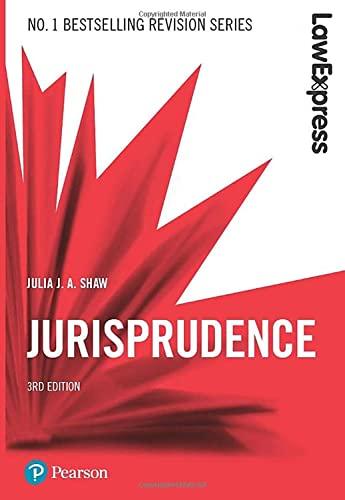Question
Charles Houser began working for appellee, 84 Lumber Company L.P. (84 Lumber), in 1985.In 1998, Houser became an outside salesman with 84 Lumber, and his
Charles Houser began working for appellee, 84 Lumber Company L.P. (84 Lumber), in 1985.In 1998, Houser became an outside salesman with 84 Lumber, and his compensation changed from a set salary to commission based on his sales.At that time, Houser signed a non-compete agreement, which prohibited him from engaging in sales activities with a competitor of 84 Lumber within a 25-mile radius of 84 Lumber's Macedonia store for a two-year period following the conclusion of his employment with 84 Lumber.In June 2008, Houser signed a contract providing a set weekly draw and yet another non-compete agreement.In march 2009, Houser left 84 Lumber and, almost immediately thereafter, began working for Carter Lumber, a competitor of 84 Lumber.84 Lumber filed a lawsuit alleging that Houser had violated the on-compete agreement.The essential question is whether the 2008 non-compete agreement was supported by adequate considerations."[A} restrictive covenant is enforceable if supported by new consideration, either in the form of an initial employment contract or a change in the conditions of employment."84 Lumber Company argued that Houser's continued employment was adequate consideration for the new non-compete agreement.Do you agree?Why or Why Not? [84 Lumber Co. L.P. v. Houser, 2011 Ohio 6852 (2011).]
Step by Step Solution
There are 3 Steps involved in it
Step: 1

Get Instant Access to Expert-Tailored Solutions
See step-by-step solutions with expert insights and AI powered tools for academic success
Step: 2

Step: 3

Ace Your Homework with AI
Get the answers you need in no time with our AI-driven, step-by-step assistance
Get Started


